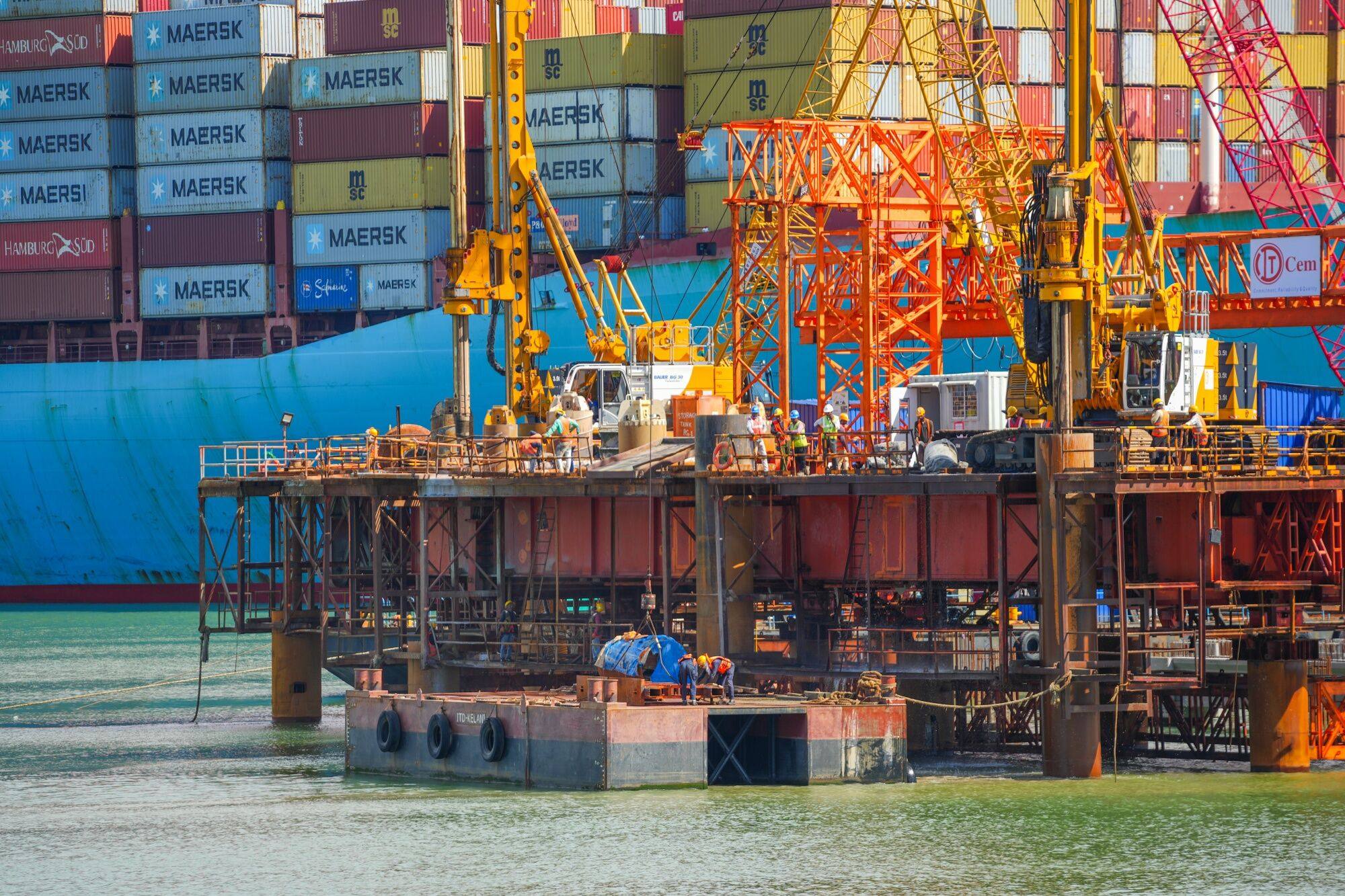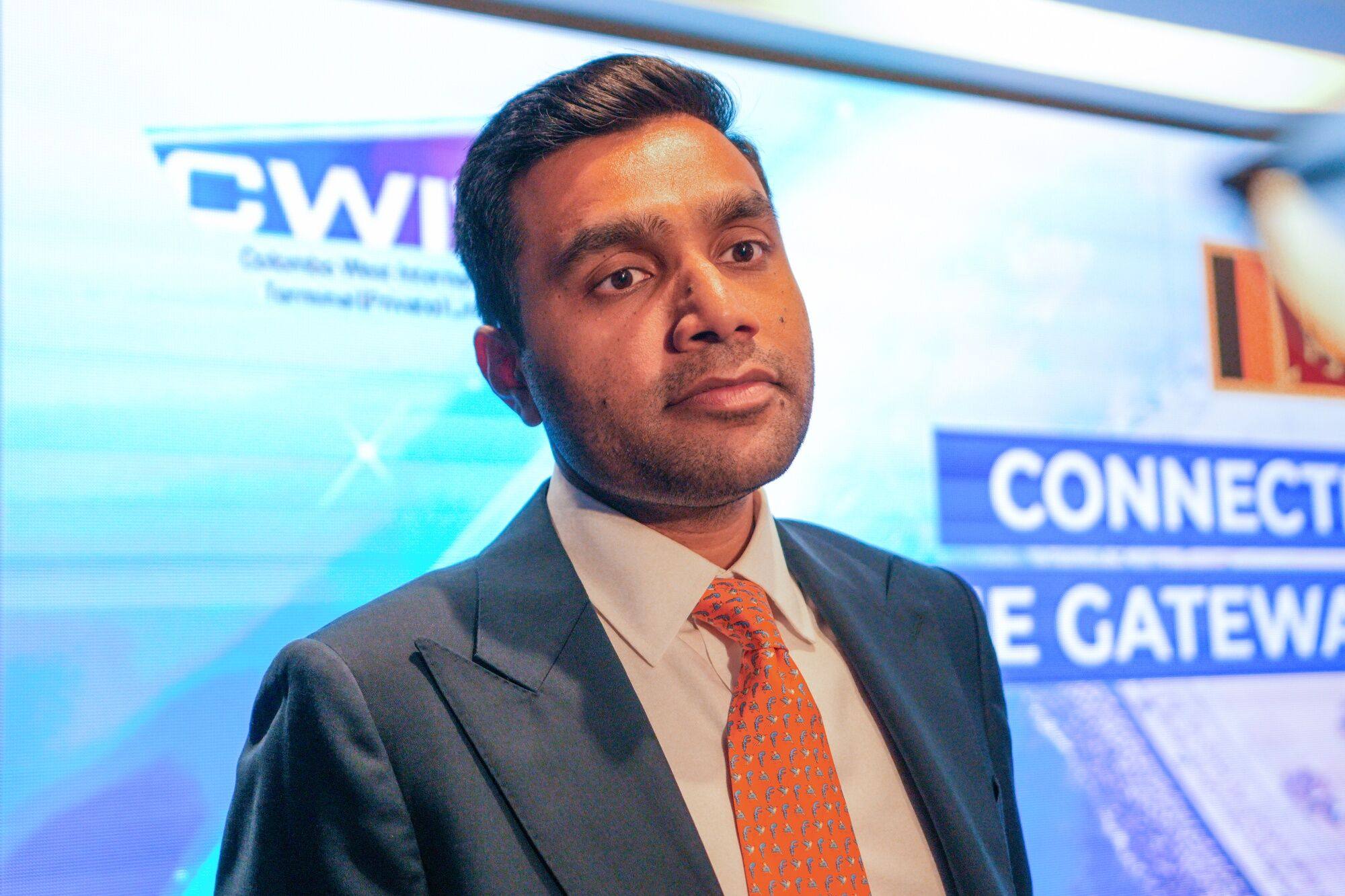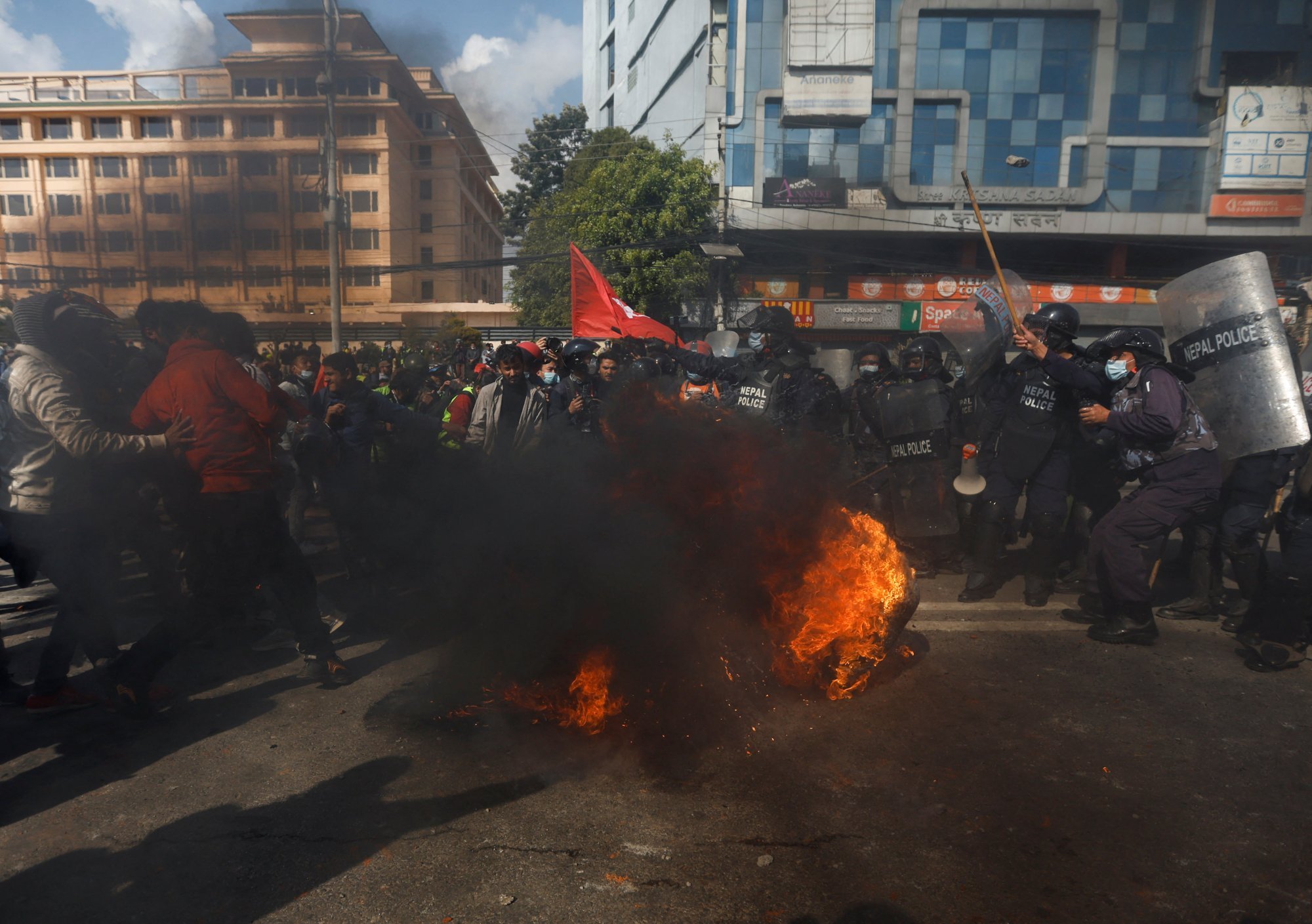The Adani Group, controlled by Indian billionaire Gautam Adani and with businesses ranging from ports to edible oils, is developing the Colombo West International Terminal project in Sri Lanka’s capital and holds a 51 per cent stake in the project, backed by more than US$500 million in funding from a US government agency. Sri Lankan conglomerate John Keells Holdings and the state-run Sri Lanka Ports Authority hold the remaining stakes.

Analysts say the move signals a new determination on the Quad’s part to guard against smaller nations leaning too heavily on China and its arterial trade and military routes. Another terminal at the port is run by China Merchants Port Holdings Co Ltd.
Cedomir Nestrovic, a professor of geopolitics at the ESSEC Business School Asia-Pacific in Singapore, said it would be too simplistic to characterise the US-funded project as just another business deal.
He said geopolitical interests could be seen in the fact that the US$553 million in financing from the US International Development Finance Corporation, a federal government agency, represents nearly four-fifths of the US$700 million required to build the terminal.
There are not many other cases “where America has invested institutionally in this way, with this amount of money,” Nestrovic said. “The political motivation is part of the larger rivalry that exists between the United States and China.”
Not business as usual?
“How to put a little bit of pressure on China,” was a possible US motive for the port investment, he said, in addition to Washington’s desire to provide smaller nations with a non-Beijing alternative for infrastructure investments and “tell them you are not alone”.
If the partnership model for the port terminal proves to be successful, analysts expect it to be replicated elsewhere in the region.
“So this is part of the big game. It’s not just one investment that is done in Sri Lanka,” Nestrovic said.
This is part of the big game. It’s not just one investment that is done in Sri Lanka
It is envisaged that the new terminal in the major transshipment hub of Colombo, meanwhile, will help smaller vessels plying their trade in the shallow harbours of eastern India get their cargo to world markets.
Vital trade corridor
“China is already operating a terminal in Sri Lanka, and in the absence of the Adani venture, they [Chinese companies] could have drawn cargo away from India by outpricing us,” said an Indian industry shipping executive who requested anonymity, adding that it would make sense for the group to now invest in similar transshipment ports across Asia.

“I think Indian businesses will start to become global businesses,” he said, adding that if the Adani Group’s Sri Lankan venture works out, it will pave the way for expansion elsewhere.
Private partnerships in focus
Analysts say the US likely chose to partner with the private sector on the new Sri Lankan port terminal as doing so involves less red tape than working with Indian state-owned enterprises.
“The Indian establishment has [also] realised private projects are more efficient and are more deliverable,” said Aditya Gowdara Shivamurthy, associate fellow with the Delhi-based Observer Research Foundation’s Strategic Studies Programme.
Such partnerships would also help the US bolster its low-key presence in South Asian nations, where it has mostly concentrated on providing aid. But even that is not always welcome.

The South Asian nation’s development compact with the US Millennium Challenge Corporation was only officially launched in August after being stuck in limbo for five years.
Shivamurthy said there was the potential for such difficulties to be avoided in future through more US-India business collaborations.
“India knows that the US has the technology and cash and the US knows that India has the knowledge and leeway in these countries,” he said.

“I think it’s a question of how you find the right balance. At the end of the day, who can deliver on the ground is the most important question,” said Harsh Pant, an international-relations professor at King’s College London.
“The US is looking at the reality of a China on the upswing and recognising that it needs to work with India with innovative outcomes.”
For a long time, India thought it could secure its interests in the Indian Ocean on its own, Pant said, but Delhi has now realised it can’t afford to work in a silo. “Unless like-minded countries work together, it will be very difficult to project a favourable balance of power.”
He said that would involve “a wider matrix of like-minded countries”, including Japan and Australia, working together on projects.
“Today, there is a pushback from India and like-minded countries. You’re going to see more of this going forward,” Pant said.
www.Scmp.com





